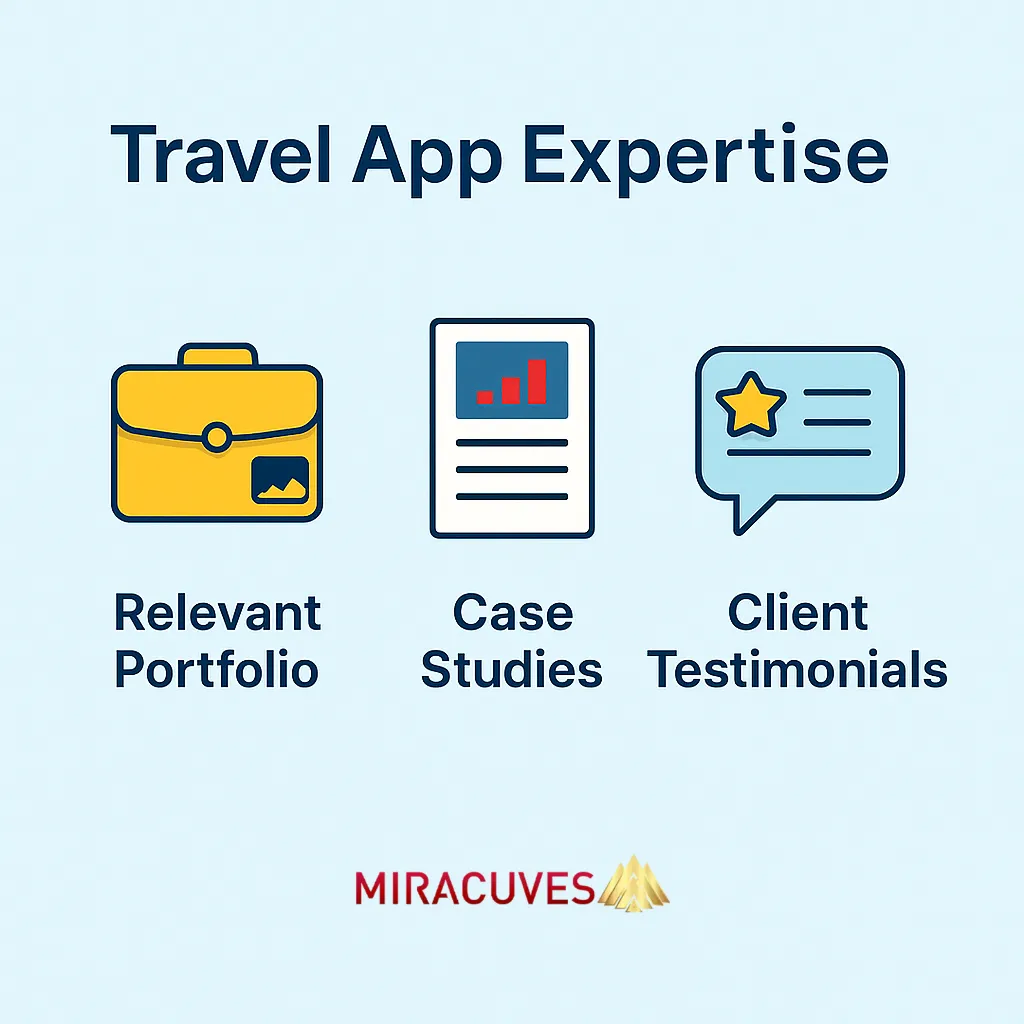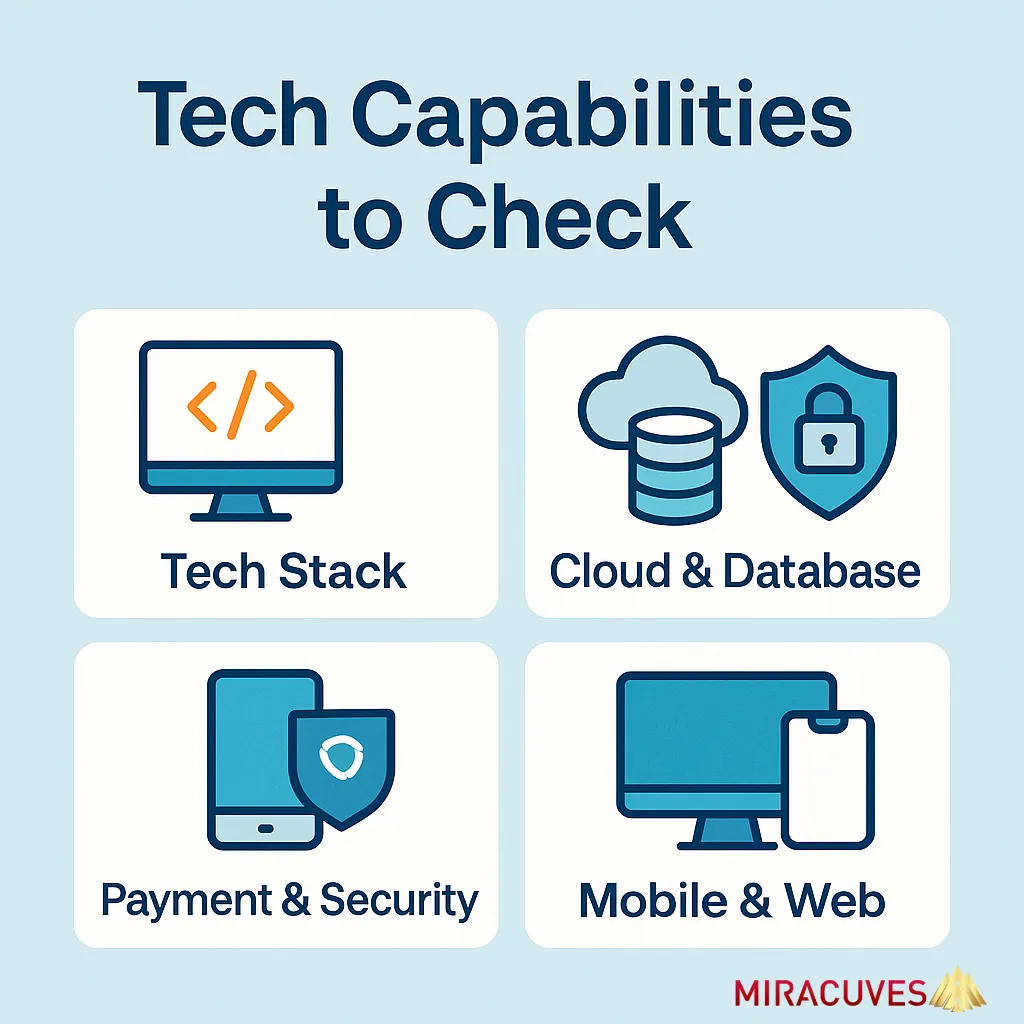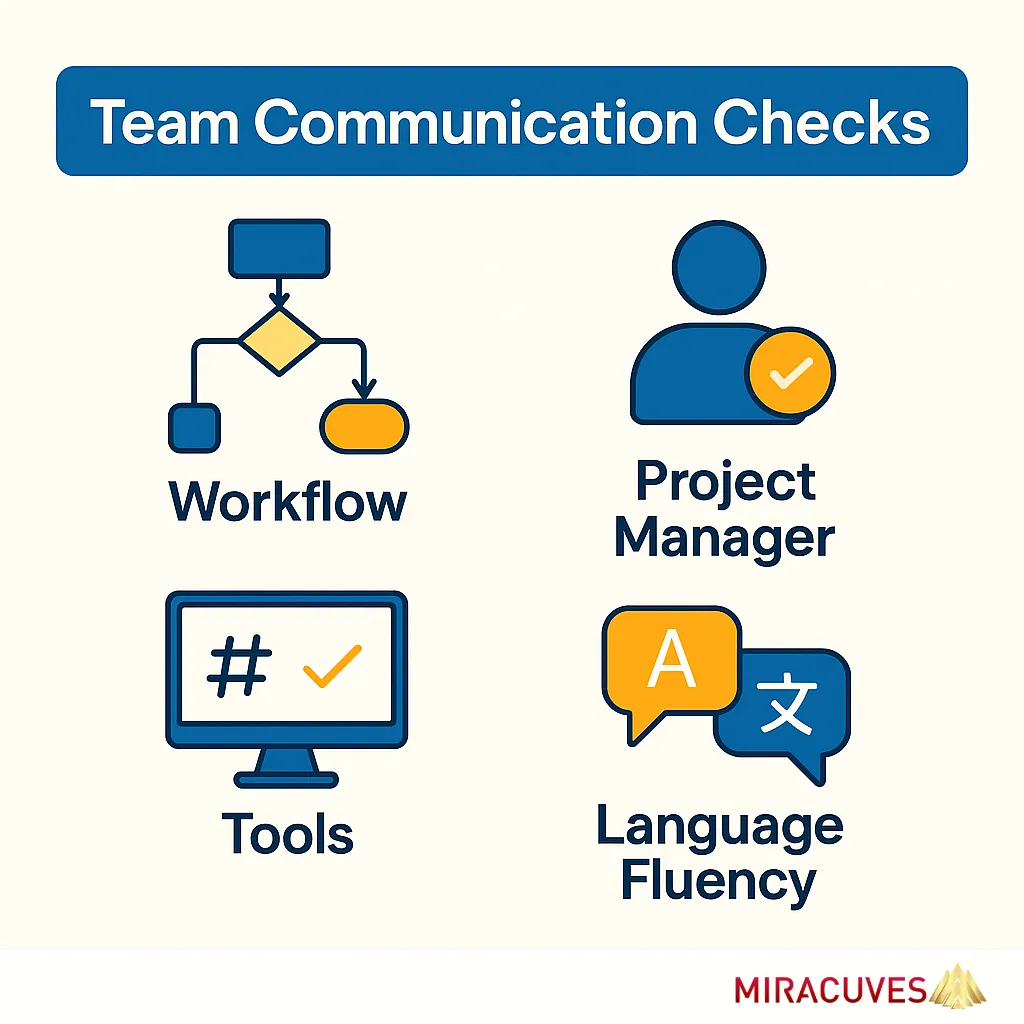How to Choose the Best Expedia Clone Development Company
Create a powerful, customizable streaming solution with Miracuves’ Expedia Clone, equipped with high-performance features and next-gen technology.
You’ve defined your idea, explored the features, and mapped out the business model — now it’s time to build. But with so many agencies and freelancers out there, how do you choose the best Expedia clone development company for your project?
Choosing the right partner isn’t just about coding skills. You need a team that understands travel tech, can handle real-time integrations, and has a proven track record of building scalable, high-performance platforms.
In this guide, we’ll break down what to look for in a development company — from technical experience to post-launch support — so you can launch your travel app with confidence.

Look for Experience in Travel App Development
Not all app development companies are built the same — especially when it comes to travel tech. To build an Expedia-like platform, your partner must understand the unique demands of real-time bookings, global APIs, and secure payment flows.
Here’s what to look for:
Relevant portfolio → Have they developed booking apps for flights, hotels, or tours?
Case studies → Look for real examples of successful travel apps, preferably with analytics or growth outcomes.
Client testimonials → Positive feedback from travel-related projects shows they understand the industry.
💡 Tip: Ask for a demo of a previous travel app they’ve built to get a feel for their quality and UX standards.
Evaluate Their Technical Capabilities & Stack
The success of your Expedia clone depends heavily on the tech powering it. Your development partner should be well-versed in both frontend performance and backend scalability — and know how to integrate third-party services essential for travel apps.
Here’s what to check:
Tech stack expertise → Proficiency in React, Node.js, Python, Swift, and integration with GDS APIs like Amadeus, Sabre, or Galileo.
Cloud and database setup → Experience with scalable cloud platforms like AWS or Google Cloud and secure databases like MongoDB or PostgreSQL.
Payment and security → Ability to integrate global payment gateways and follow data protection standards (e.g., PCI-DSS, GDPR).
Mobile & web deployment → Should offer native or cross-platform development for iOS, Android, and web.
💡 Tip: Ask them about their approach to performance optimization and uptime during peak travel seasons.


3. Check Their Process and Communication Style
A talented team means nothing if they can’t collaborate effectively. Smooth communication and a transparent process are critical — especially in a long-term project like building a travel booking platform.
Here’s what to look for:
Agile or sprint-based workflow
Do they break down the project into clear milestones with regular demos and progress tracking?Dedicated project manager
Having a single point of contact ensures alignment, faster feedback loops, and better accountability.Toolstack for updates
Do they use platforms like Trello, Jira, Slack, or Notion for progress updates and sprint reports?Language fluency & timezone compatibility
Especially important when working with offshore teams — make sure they overlap with your hours and communicate clearly.
💡 Tip: Ask for a sample sprint plan or weekly reporting structure before you sign the deal.
Compare Cost Transparency and Support Packages
Price matters — but clarity matters more. The best Expedia clone development company will be upfront about costs, deliverables, and post-launch support.
Here’s what to review:
Detailed cost estimate
Make sure they provide a phase-wise breakdown (design, development, testing, deployment) with hourly or fixed rates.Flexible engagement models
Do they offer options like fixed price, monthly retainer, or dedicated resource hiring?Hidden charges?
Ask about extra fees for post-launch maintenance, API usage, or third-party tools.Post-launch support
Look for support plans that include updates, bug fixes, uptime monitoring, and feature rollouts for 3–6 months (minimum).
💡 Tip: The cheapest company isn’t always the most cost-effective — value, experience, and long-term support are what count.


Look for a Long-Term Tech Partner, Not Just a Vendor
Building an Expedia clone is not a one-off project — it’s the start of a growing digital business. You need a development partner who sees the bigger picture and can grow with you.
Here’s how to identify that:
Do they offer product consulting?
Are they helping you prioritize features, plan MVPs, and avoid unnecessary expenses?Are they proactive in solving problems?
A great partner flags risks, suggests alternatives, and brings real-world insight — not just code.Do they support scaling?
As your user base grows, will they help you scale infrastructure, optimize performance, and expand across platforms?
💡 Tip: Look for teams that focus on long-term value, not just fast delivery. Your first version is only the beginning.
Choose the Right Development Partner
Even with a solid development plan, launching a travel booking platform like Expedia is a major undertaking — and choosing the right tech partner is key. The right development team isn’t just a service provider; they’re your strategic partner in creating a high-performance, intuitive, and scalable travel app.
When you’re searching for the best Expedia clone development company, here’s what truly matters:
Demonstrated expertise in travel and hospitality app development
A strong portfolio of successful OTA (Online Travel Agency) or booking platforms
End-to-end capabilities — from design to third-party integrations and post-launch support
At Miracuves, we go beyond just building booking apps — we engineer robust solutions tailored for performance, flexibility, and global scale. Whether you’re targeting local travelers or international tourists, we help you go live faster with a reliable, feature-rich Expedia clone.
Focus on growing your travel business — and leave the tech to us.
Conclusion
Choosing the best app clone development company means finding a team that combines technical expertise, travel industry experience, and a partnership mindset. From real-time booking integrations to post-launch support, the right development partner will shape how your app performs — and how fast it grows.
Need help estimating cost or planning your app’s feature set? Explore our full guide series for expert insights and proven strategies.
Frequently Asked Questions
Look for proven experience in travel app development, expertise in relevant tech stacks, strong communication, transparent pricing, and reliable post-launch support.
Developers with travel industry experience understand real-time booking systems, GDS/API integration, seasonal traffic spikes, and user behavior — saving time and costly rework.
Both can work well. Offshore teams (e.g., in India) offer cost advantages, but ensure they have strong English skills, timezone overlap, and a solid track record.
Look for support that includes bug fixes, system updates, performance monitoring, and assistance with new feature rollouts for at least 3–6 months.
Compare based on deliverables, timelines, cost breakdown, communication style, and whether the company offers strategic input — not just execution.



